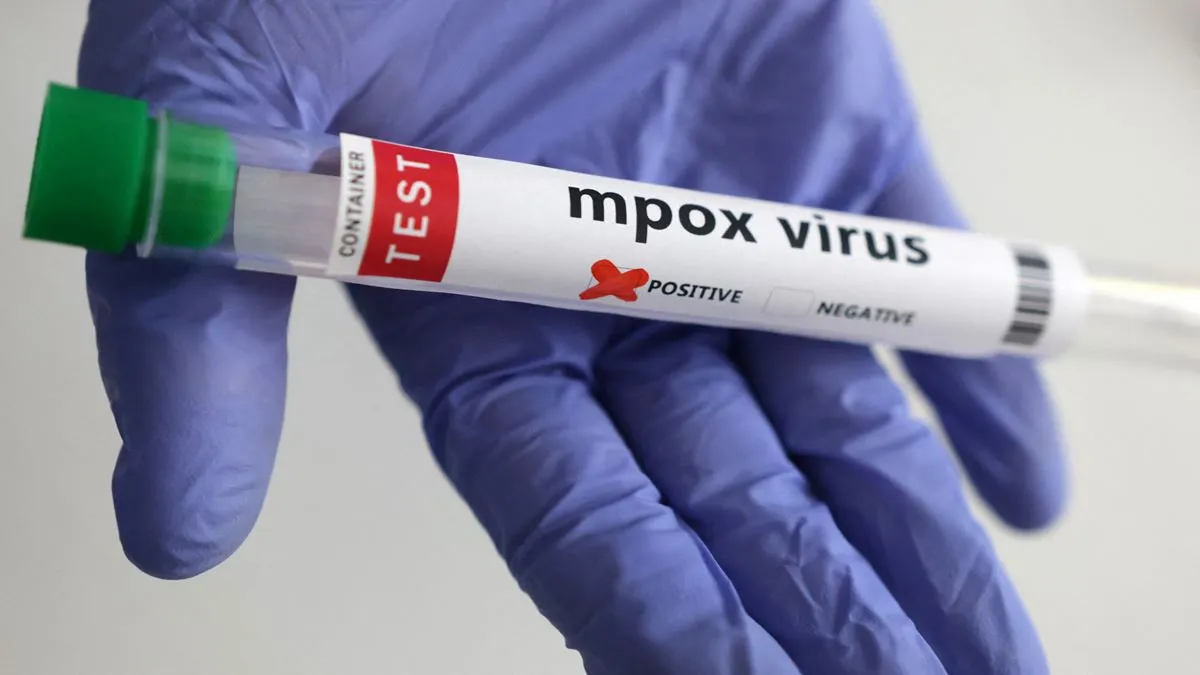Mpox Health Update: Patient in Haryana Under Care

Mpox Update in India
The Delhi Health Minister, Saurabh Bharadwaj, announced that there is one confirmed case of mpox in India at LNJP Hospital, where the patient is currently stable.
Reportedly, the 26-year-old male patient, a resident of Haryana's Hisar, has been isolated due to his only symptoms of genital ulcers and skin rashes, without any accompanying fever. The minister conducted a surprise inspection to assess the hospital's readiness for such cases and reassured that the situation is under control.
Patient Care and Hospital Preparedness
- The patient has a travel history from a country with ongoing mpox transmission.
- LNJP Hospital has a total of 20 isolation rooms dedicated to mpox cases.
- The Union Health Ministry described this as an isolated case, stating no systemic issues or other comorbidities exist.
According to the Health Department, the patient's condition remains stable, alleviating concerns regarding potential spread. The minister highlighted that the increase in fever cases does not pose immediate worry. Health safety is prioritized with separate waiting areas and careful management of suspected dengue patients, ensuring comprehensive care.
Ongoing Monitoring and Public Health Measures
- WHO has declared mpox a Public Health Emergency of International Concern.
- Additional hospitals are on standby to manage potential cases effectively.
- Further inspections of hospitals will continue to reinforce readiness against mpox and other infectious diseases.
Disclaimer: The information provided on this site is for informational purposes only and is not intended as medical advice. We are not responsible for any actions taken based on the content of this site. Always consult a qualified healthcare provider for medical advice, diagnosis, and treatment. We source our news from reputable sources and provide links to the original articles. We do not endorse or assume responsibility for the accuracy of the information contained in external sources.
This article was prepared using information from open sources in accordance with the principles of Ethical Policy. The editorial team is not responsible for absolute accuracy, as it relies on data from the sources referenced.